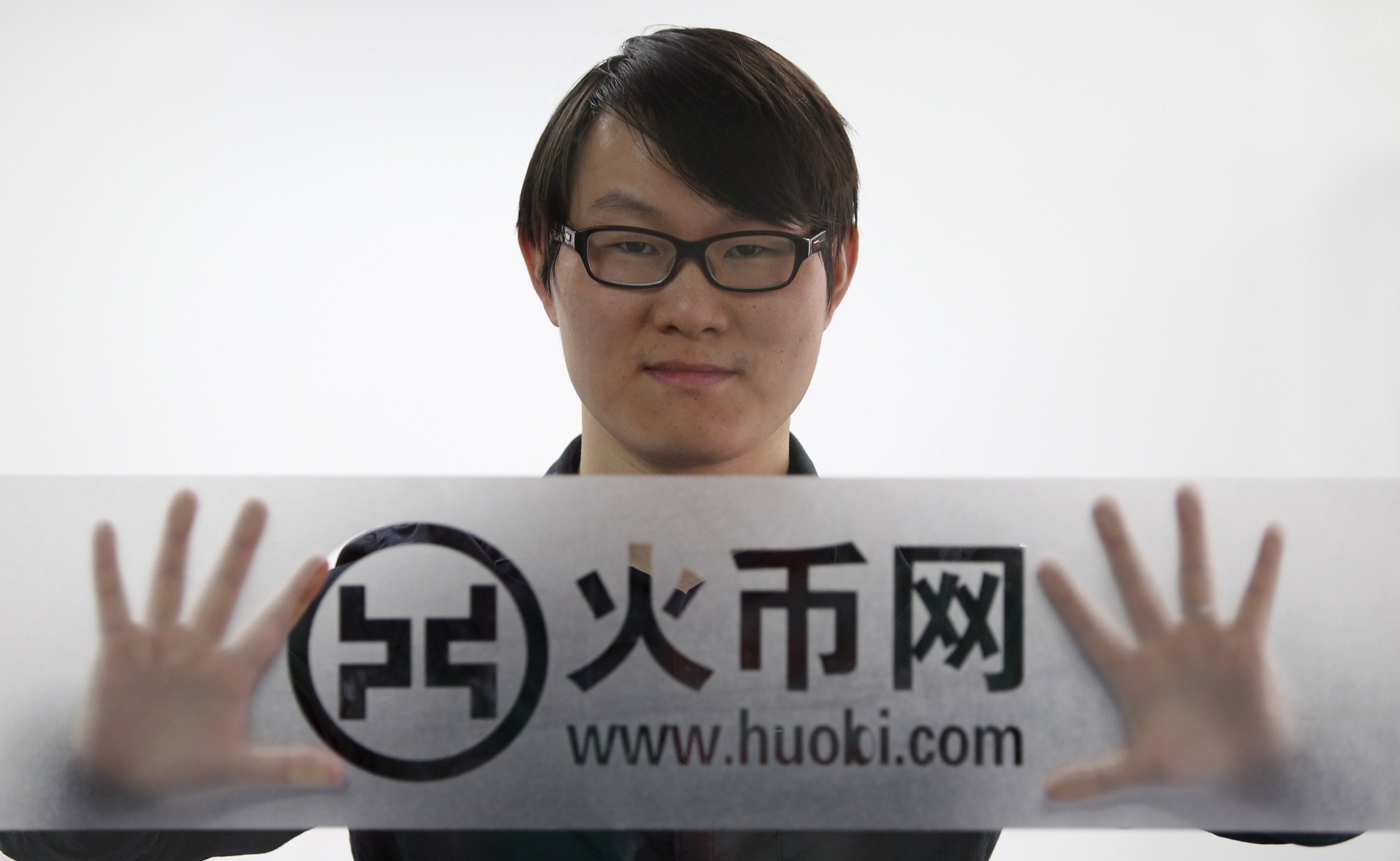
Chinese founder of crypto exchange Huobi sells majority stake to Hong Kong fund About Capital
- Huobi founder and controlling shareholder Leon Li Lin has confirmed that he would hand over his ownership to About Capital Management
- Founded in 2013 in Beijing, Huobi has been grappling with a market meltdown, as well as China’s crackdown against cryptocurrency trading
The founder and controlling shareholder of Huobi Global, one of the world’s largest cryptocurrency exchanges, has agreed to sell his entire stake to a Hong Kong-based asset management company amid a crypto market meltdown and China’s crackdown on the sector.
The decision was announced on Saturday in a statement on Huobi’s website, which did not name the seller. Company founder Leon Li Lin confirmed on the same day in a personal WeChat post that he would hand over his ownership to About Capital Management.
“I am no longer a shareholder of Huobi Global and do not have any authority, directly or indirectly, over Huobi Global,” Li said in the post, adding that he believes the new controlling shareholder “will bring new momentum to the globalisation” of the company.

After the transaction, Huobi plans to “embrace a series of new international brand promotion and business expansion initiatives”, which will include the injection of capital, according to the company’s statement. The deal will not affect Huobi’s core operation and business management teams, the company said.
In response to an enquiry sent by the Post, a Huobi representative said the acquisition price cannot be disclosed.
In August, it was alleged that Li, who controlled more than half of Huobi’s shares, was looking to sell his stake, according to Colin Wu, an influential blogger who writes about blockchain and cryptocurrency.
Wu said Huobi’s revenue plummeted after “it wiped out all Chinese users”.
Huobi’s business has also been under pressure amid a cryptocurrency sell-off. The price of bitcoin, the world’s largest cryptocurrency by trading volume, was hovering below US$20,000 on Friday, after peaking at more than US$67,000 last November.
Huobi Technology, the company’s listed entity in Hong Kong, recorded a loss of HK$48.8 million (US$6.2 million) for the six months ended this March, down from a profit of HK$54.1 million a year ago. Revenue grew 34 per cent to HK$351.8 million.

